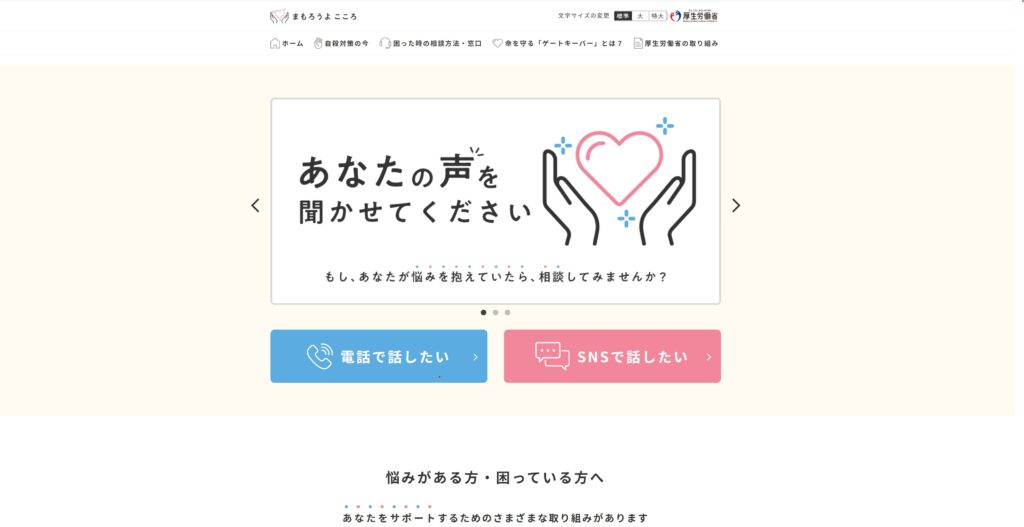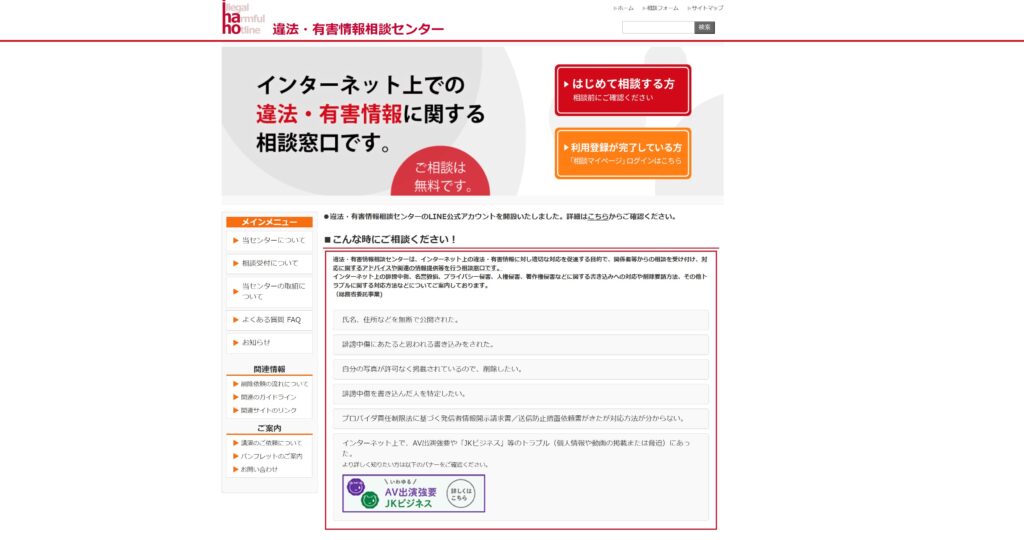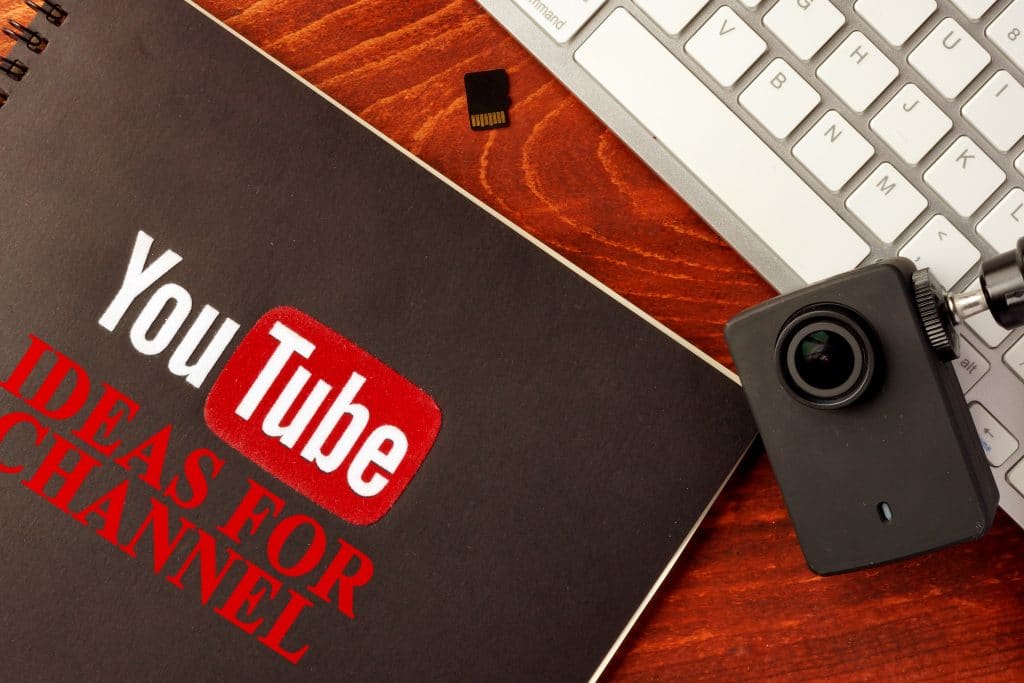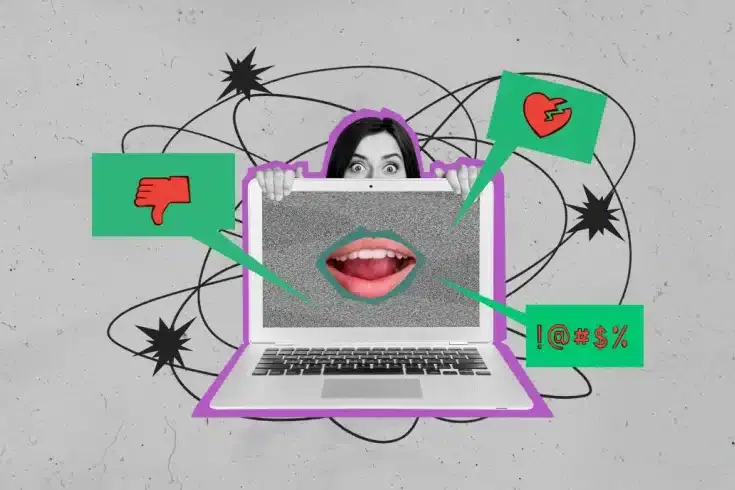Defamed on LINE! Is it Possible to Sue? Explanation with Examples

“LINE” is now the most widely used chat app in Japan. Many people use the group LINE feature on a daily basis to converse with multiple people.
However, because group LINE allows participation from a few people up to 500, depending on how it’s used, there’s a potential to get involved in various troubles.
In this article, we will explain whether it’s possible to sue someone who has defamed you on LINE, based on actual cases.
Can You Sue for Defamation in a Group LINE?

To determine whether you can sue for defamation in a group LINE, you need to consider whether the post is recognized as “defamation”. Therefore, it is helpful to look at how “defamation” is treated under the law and how courts have judged it.
The legal implications of defamation are broad, and there are two types of illegal acts: those that fall under the crime of defamation or insult under the Penal Code, and those that fall under the tort of defamation under the Civil Code. This article will explain each of these in turn.
Requirements for Defamation and Insult Crimes
First, let’s look at the requirements for defamation and insult crimes under the Penal Code.
・Defamation (Penal Code Article 230)
①Publicly
②Indicating a fact
③Defaming a person’s reputation
・Insult (Penal Code Article 231)
①Without indicating a fact
②Publicly
③Insulting a person
Comparing the requirements for both crimes, “defamation” and “insult” may seem like different acts, but in fact, both refer to lowering a person’s social evaluation.
Therefore, the difference between the two crimes is whether or not a fact is indicated.
However, what is important in relation to defamation in a LINE group is the requirement of publicity.
“Public” refers to a state that can be recognized by an unspecified or large number of people.
If we apply this to a LINE group, for example, defamation in an “open chat” where an unspecified number of people can freely enter and exit is relatively easy to recognize as public, but on the other hand, defamation in a LINE group that is invitation-only and has a small number of people is likely not to be recognized as public.
The Difference Between Defamation and Infringement of Honor
In civil law, unlike criminal law, “defamation” and “insult” are not explicitly protected, but they are protected in the form of possible damages if they fall under the tort (Civil Code Article 709).
And, there are two types of torts: defamation and infringement of honor.
We will explain the difference between the two below.
What is Defamation in Civil Law?
In case law, defamation in civil law is indicated as follows:
The right to honor is the objective evaluation that a person receives from society regarding his or her personality, reputation, credit, etc., i.e., the right to social evaluation, and the infringement of the right to honor is established regardless of whether the person is an individual or a corporation. The “honor” referred to in Article 723 of the Civil Code also refers to social honor, and does not include the subjective evaluation that a person has about his or her own personal value (※Note: the honor feeling mentioned later).
Supreme Court Judgment of December 18, 1971 (Showa 46) Minshu Vol. 24, No. 13, p. 2151
In other words, defamation in civil law is an infringement of the right to honor, and if a fact is indicated and a person’s social evaluation is lowered, it is considered a tort as defamation. Also, whether or not a person’s social evaluation is lowered is judged based on the normal reading and attention of a general reader in case law.
For example, statements such as “has ties to antisocial forces” are typical examples. For more specific examples of what kind of statements can be said to lower social evaluation, please refer to the following article.
Differences and Similarities with Defamation under Criminal Law
There is debate over whether publicity is necessary for defamation in civil law, but in judicial practice, publicity is also required for defamation in civil law.
Therefore, in substance, there is no difference in the requirements for defamation in civil and criminal law.
What is Infringement of Honor?
On the other hand, honor is the subjective evaluation that a person has about his or her own personal value. Therefore, being mentally hurt by subjective expressions that do not indicate a fact, such as “stupid” or “idiot”, is an infringement of honor.
However, not all cases where someone is called “stupid” or “idiot” are illegal.
On this point, the Supreme Court has indicated as follows:
Only when it is recognized as an insult that exceeds the limits acceptable in social common sense… can the infringement of personal interests be recognized.
Supreme Court Judgment of April 13, 2010 (Heisei 22) Minshu Vol. 64, No. 3, p. 758
In other words, if it “exceeds the limits acceptable in social common sense”, it is considered a tort as an infringement of honor.
For example, if you repeatedly use words like “ugly” and repeatedly insult someone by saying things like “Even your photoshopped pictures are ugly, what’s up with that lol”, it may be recognized as exceeding the limits acceptable in social common sense and defaming the plaintiff, and infringing on the plaintiff’s honor.
Also, note that when claiming damages for infringement of honor, unlike defamation, the requirement of publicity, which was explained in the part about defamation under criminal law and defamation under civil law, is not an issue (see Tokyo District Court Judgment of January 18, 2019 (Heisei 31)).
Court Case Regarding Posts in LINE Group

Let’s take a look at how the court judged in an actual case involving a LINE group.
Case Overview
In this case, the plaintiff, a member of a LINE group composed of five wives with husbands working in the same workplace, claimed that the defendant, another member of the group, sent a message containing language that violated the plaintiff’s honor and dignity. The plaintiff sought damages and consolation money based on tort law.
The messages sent by the defendant were as follows:
- “We have the biggest pervert information of the year!! It’s Mr. XX (the plaintiff).”
- “This guy is unbelievably stupid and can do dirty things without hesitation, so everyone, please be careful!!”
- “My husband helped him with his work, but he does dirty things without hesitation!”
- “Despite his long tenure, he seems incapable of doing his job (laughs)”
- “Everyone doesn’t say it, but he’s being made fun of (laughs). It’s pitiful! Well, he’s a real idiot! A junk guy! (laughs)”
- “And this XX (the plaintiff), he also started harassing me in the worst way!! Acting like a stalker! He’s a real piece of trash at his age!!!”
Main Points of Contention
The issue in this case was whether the requirement of publicity, a prerequisite for violation of honor, needed to be met.
The plaintiff argued that “the act of the defendant sending the message in question directly leads to the content of the message being exposed to the eyes of not only the members of the LINE group but also the plaintiff and his colleagues.”
In response, the defendant argued that “there are only four members in the LINE group besides the defendant, and the message was not sent to an unspecified or large number of people, nor was it posted on the Internet.” The defendant claimed that there was no publicity in the act of sending the message in question.
Court’s Decision: Publicity Requirement is Not Necessary for Violation of Honor
The court indicated as follows, stating that the requirement of publicity is not necessary for violation of honor,
“Since the plaintiff is seeking damages on the grounds of violation of honor, not defamation, the requirement of publicity is not necessary.”
Tokyo District Court, January 18, 2019 (Heisei 31)
Regarding whether the message in question violated the plaintiff’s honor,
“Not only does it insult by using abusive language, but it also lists baseless facts such as the plaintiff trapping the defendant’s husband, who is a colleague at work, by despicable means, being unable to work despite his long tenure and being overtaken by his juniors one after another, and stalking the defendant. It can be said that it persistently belittles the plaintiff and significantly harms his honor.”
Ibid.
The court recognized the violation of honor.
In this case, considering that it was a one-time act and that the defendant acknowledged it and showed an intention to apologize to the plaintiff, the court ordered the payment of 300,000 yen in consolation money, 30,000 yen in attorney’s fees, for a total of 330,000 yen in damages.
Court Case Regarding LINE Messages

Next, we will explain the court’s judgment on LINE messages.
Case Overview
This case involves a plaintiff who claimed that the defendant had primarily defamed him and secondarily violated his honor and feelings through messages sent in a LINE conversation with a friend. The plaintiff sought damages based on these tortious acts.
The messages sent by the defendant are as follows:
- Be careful with this guy
- He’s involved in various scams
- A friend of mine got scammed by him
Key Issues
In this case, the issue was whether the requirement of publicity could be met even if the problematic expression was directed at a specific few individuals, and there was a high possibility of the expression being conveyed to a third party (the so-called theory of propagation).
The plaintiff argued that “the messages in question indicate facts that lower my social evaluation” and “there is an extremely high probability that this information will spread to an unspecified number of people.”
In response, the defendant argued that “the messages were sent in a one-to-one relationship with a specific friend and indicated facts, and there is no room to interpret that the facts were publicly indicated.”
Court’s Judgment: LINE Messages Can Defame Even If They Are Directed at a Specific Few
Regarding the propagation of LINE messages, the court indicated the possibility of recognizing this by stating the following:
Generally, it is easy to forward messages via LINE, and it can be said that there is a possibility of them spreading to others.
Tokyo District Court, March 10, Reiwa 3 (2021)
In other words, even if LINE messages are sent to a specific few, they may meet the requirement of publicity.
However, some court precedents are reluctant to broadly recognize the requirement of publicity based solely on the “abstract possibility” of propagation, as in this case (Tokyo District Court, October 8, Heisei 20 (2008)). In reality, a “concrete possibility” of propagation may be necessary.
Furthermore, the above perspective is closely related to the requirement of lowering social evaluation. In this case, the court ruled that the messages in question did not lower the plaintiff’s social evaluation, stating the following:
The act in question involves the defendant sending a message only to a certain friend, and there is no evidence of a concrete situation where the message was forwarded to a third party or published on the Internet, etc. Therefore, it is not sufficient to recognize that the plaintiff’s social evaluation has been lowered.
Same as above
As mentioned earlier, whether or not social evaluation is lowered is judged based on the general reader. Therefore, expressions that indicate the fact of committing a crime, such as “he’s involved in various scams,” as in this case, usually lower social evaluation.
However, in actual court precedents, even if the expression generally lowers social evaluation, defamation is not established unless the “degree” of lowering exceeds a certain level (Tokyo District Court, September 19, Heisei 26 (2014)).
The reason why it was ruled in this case that “it is not sufficient to recognize that the plaintiff’s social evaluation has been lowered” is probably because the message was sent in a one-to-one relationship, and there was no concrete possibility of propagation to a third party. Therefore, the “degree” of lowering social evaluation was judged to be low.
However, conversely, if there are circumstances such as the sender of the message having previously revealed secrets, and it is recognized that there is a concrete possibility of the message defaming the third party, it can be said that there is a possibility of recognizing the lowering of social evaluation.
In this case, regarding the violation of honor and feelings, considering that the defendant sent a message only to a certain friend and the information in question remains an abstract description, the court ruled that “it cannot be recognized that the act in question is an insulting act that exceeds the limits accepted by social norms,” and did not recognize the violation of honor and feelings.
Consultation Services for Defamation on LINE

We introduce consultation services for those troubled by defamation on LINE.
Ministry of Health, Labour and Welfare: Protect Your Heart

The Ministry of Health, Labour and Welfare has set up a site to introduce consultation services for those in distress. It provides links to a nationwide common dial that connects to public consultation services implemented by prefectures and government-designated cities, as well as LINE and online chat. It is recommended to consult when in trouble.
▷For consultation by phone
Mental Health Consultation Unified Dial (Navi Dial): 0570-064-556
Yorisoi Hotline (Toll-free): 0120-279-338
▷For consultation via SNS
Non-profit Organization Tokyo Mental Health Square:https://www.npo-tms.or.jp/public/kokoro_hotchat/
Non-profit Organization Your Place:https://talkme.jp/
Ministry of Internal Affairs and Communications: Illegal and Harmful Information Consultation Center

This is a free consultation service for dealing with posts related to defamation, libel, privacy infringement, human rights infringement, copyright infringement, etc. on the Internet, including how to respond and request for deletion.
https://ihaho.jp/[jn]
Consulting a Lawyer
If you are defamed in a LINE group and want to claim damages from the other party, consult a lawyer. By consulting with a lawyer, a legal expert, you can smoothly proceed with the lawsuit procedures and resolve the trouble at an early stage.
Summary: If you are defamed on LINE, it may also be an illegal act

If you are involved in troubles such as defamation in a LINE group and defamation or infringement of honor feelings is recognized, there is a possibility that you can pursue civil liability for illegal acts against the person who posted the message and claim damages.
However, it can be difficult to determine whether defamation or infringement of honor feelings is recognized.
Therefore, if you are considering legal measures against troubles such as defamation in a LINE group, including whether the message in the LINE group is defamation or infringement of honor feelings, be sure to consult with an experienced lawyer.
Category: Internet





















